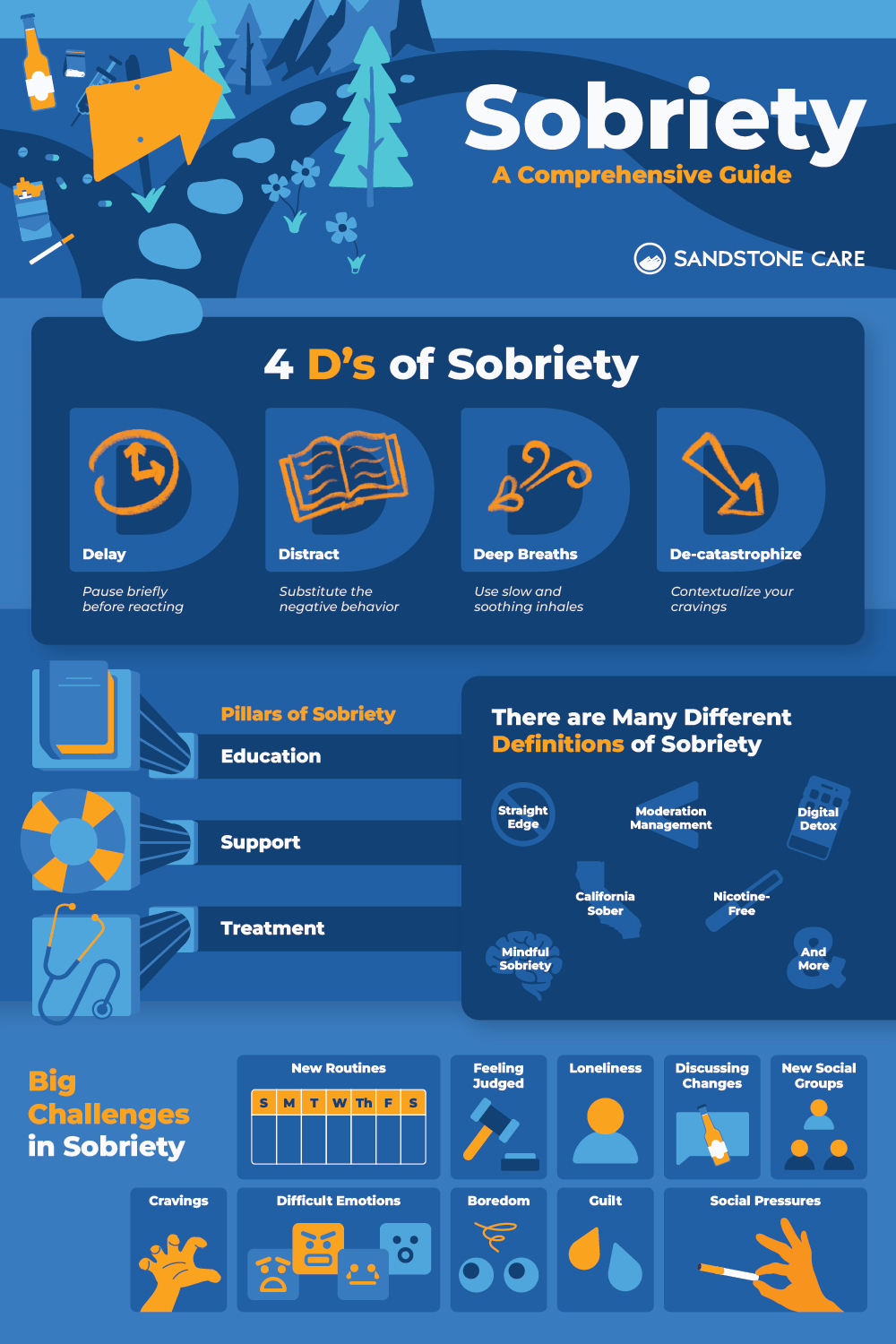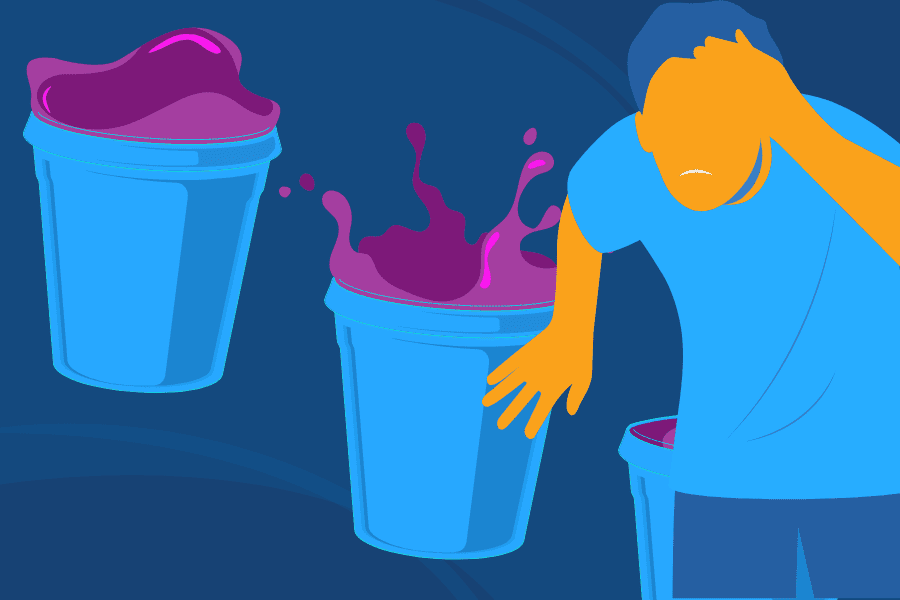The Journey To Sobriety
Understanding Sobriety
While “sobriety” is a commonly used word, its definition and what it truly means to “be sober” can be incredibly enigmatic.
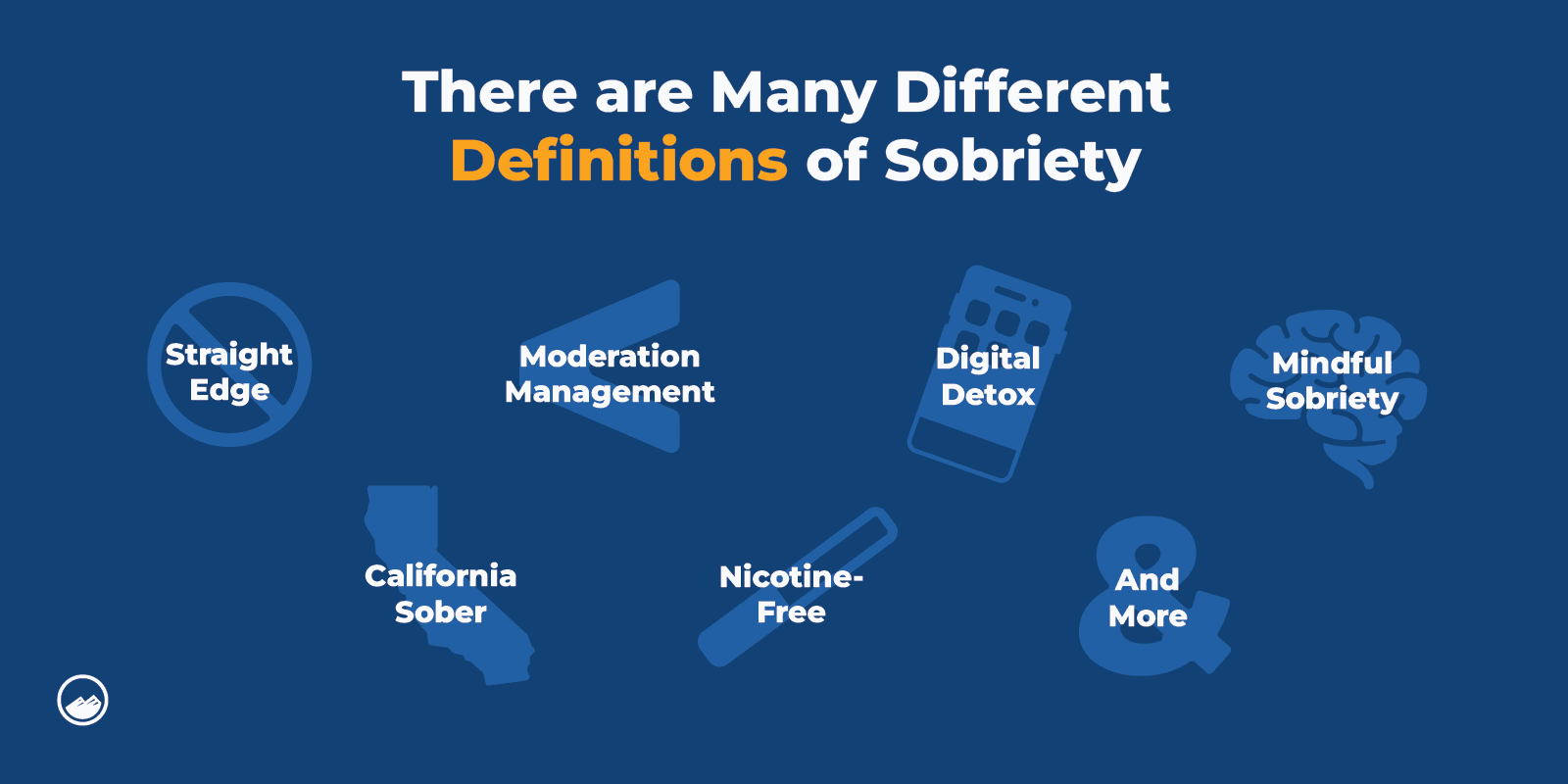
Knowing what sobriety is, what it means to “be sober,” and some common challenges can empower you or a loved one to begin your sobriety journey with the right expectations.
What Is Sobriety?
At its core, sobriety is avoiding the use of addictive substances or behaviors altogether.
Not only does this mean that you will avoid the use of drugs or alcohol, but it can also mean an avoidance of the lifestyles that enable substance abuse.
That could involve everything from marijuana detox, to setting boundaries for yourself against going to bars.
Drug addiction and alcohol abuse can affect anyone at any time, and sobriety looks different for everyone who experiences it. However, there are some techniques and coping mechanisms that have been proven to reach results.
How Do You Become Sober?
There is never one path to sobriety, nor is there one strategy guaranteed to work for everybody.
Working with professionals is essential to overcoming substance use disorder (SUD). Engagement with evidence-based addiction treatment and exposure to many therapeutic opportunities and approaches can help you create an educated approach to your developing sober lives.
What Happens During Sobriety?
Sobriety is a time of change – mentally, physically, and even spiritually.
Addiction can fundamentally affect your brain chemistry and perceptions, and being sober prompts a “rewiring” of many of these neural pathways.
How Hard Is Sobriety?
There is nothing easy about navigating sobriety.
Expecting long-term recovery to be easy can cause you to set unrealistic expectations or be ill-prepared to cope with the continued effects of substance use disorder in daily life.
Finding the right fit in a treatment program to overcome substance use disorder is vital to your recovery.
Support programs can also provide you with new friendships and communities that can make sobriety less difficult to navigate.
What Are The Reasons People Choose Sobriety?
Pursuing a life of sobriety should be celebrated, and each person will have their reasons for committing to a drug and alcohol-free life.
There are infinite reasons why pursuing long-term recovery and sobriety can be the best choice for someone struggling with drug or alcohol use.
Some of these reasons could include:
- Desiring personal change
- Challenging persistent feelings of depression, anxiety, or other mental health disorders
- Empowering themselves to achieve personal or professional goals
- Healing personal relationships with family, friends, spouse, or children
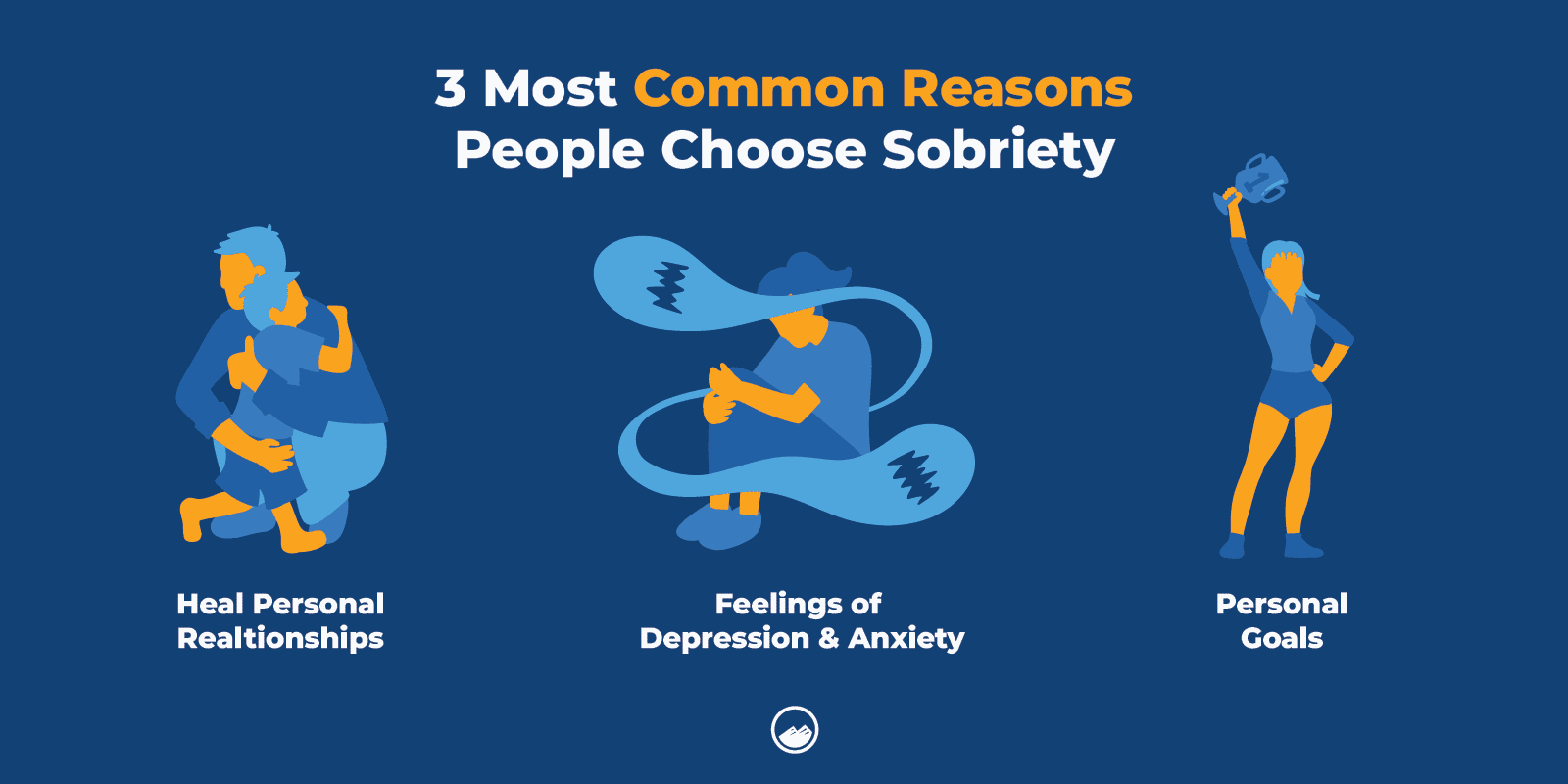
What Is The Fear Of Failure In Sobriety?
The fear of failing in recovery is a significant barrier to treatment, and many may not pursue a professional treatment program because of this fear.
The fear of failure throughout addiction recovery is common. However, working with professionals and peers can be necessary to overcome these fears while navigating short-term and long-term recovery. https://www.sandstonecare.com/blog/wet-brain/
What Are The 4 D’s Of Sobriety?
The four D’s of sobriety are delay, distraction, deep breaths, and de-catastrophize.
Delay: Urges and cravings are common in addiction recovery. Delaying acting on these feelings can empower those in recovery to make more educated decisions on their continued sobriety rather than act on otherwise dangerous impulses.
Distract: Being able to distract oneself in sobriety can also be an effective relapse prevention strategy. Getting the body and mind occupied by other activities can ensure that you can deflect prevalent urges and cravings more effectively.
Deep Breaths: Taking a few deep breaths can be paramount for reclaiming a feeling of control in recovery. The 3-3-3 technique, which involves inhaling for three seconds, holding for three seconds, and exhaling for three seconds, can help calm the body and mind.
De-catastrophize: Urges and cravings are intense, and managing each person’s sobriety is difficult. While there may be moments where recovery feels impossible, strategies for de-catastrophizing and contextualizing each person’s experiences and success are paramount.
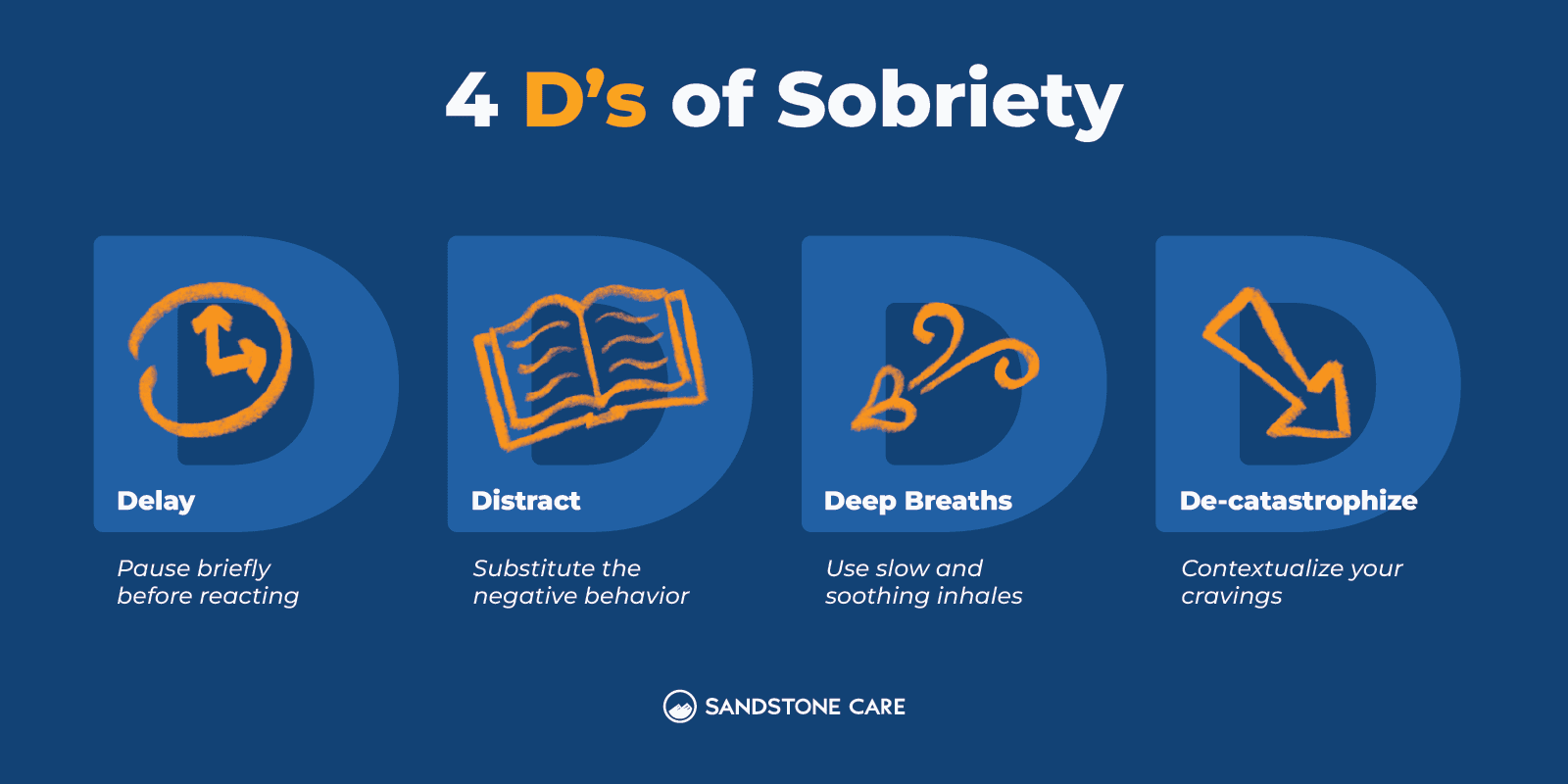
The Challenges of Achieving Sobriety
What Are the Struggles of Being Sober?
Even those successfully living a sober life and overcoming drug or alcohol dependence can still be met with new struggles.
Some common struggles of newly sober individuals include:
- Constantly overcoming urges or cravings
- Feeling judged or ostracized
- Navigating feelings of accountability or responsibility
- Finding new social groups
- Overcoming past feelings of guilt or shame
What Is the Hardest Thing About Sobriety?
Sobriety is a constant journey of change, which can feel overwhelming at times.
While an individual may have a certain end date with sober living or inpatient treatment programs at a treatment center, the journey to a sober lifestyle never truly ends.
What Are the Cons of Sobriety?
Pursuing a sober lifestyle is a positive thing. However, that doesn’t mean an individual can’t have reservations about their journey to overcoming drug or alcohol use disorder.
While sobriety has many positive benefits, an individual will also have to make some concessions and changes that can be difficult.
Some of these challenges include:
- Facing past mistakes and difficult feelings
- Needing to develop new daily routines or hobbies
- Feeling “left out” or emotionally distanced
- Being asked about their sobriety
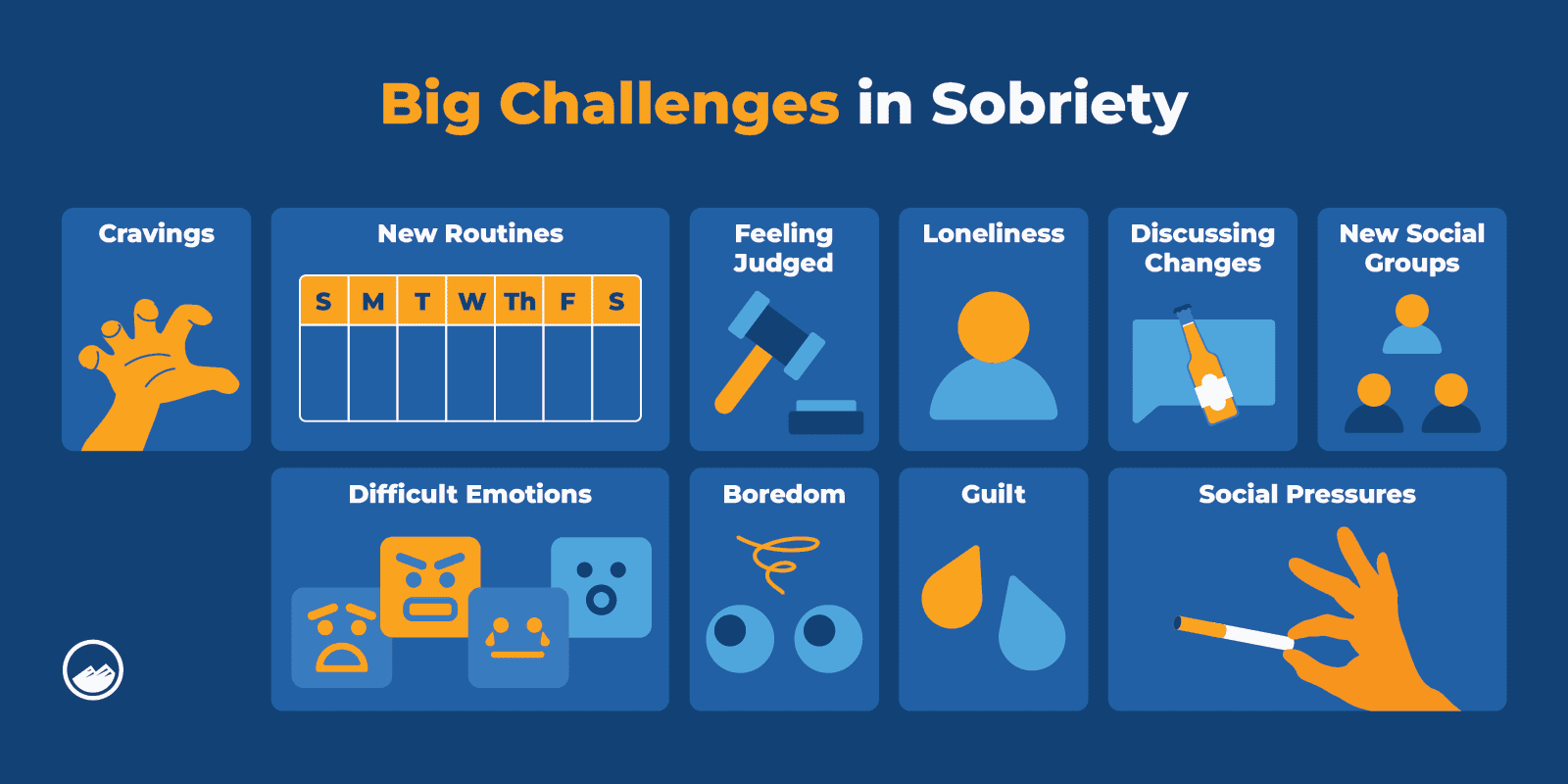
Why Do I Struggle With Sobriety?
Sobriety is stressful, with struggles that must be addressed and overcome. However, experiencing these challenges does not mean you have “failed” in sobriety.
Relapse and recovery are a normal part of the healing process. The most important thing is to have the right resources to pull yourself back up and build up your resilience to triggers, cravings, and stressful situations.
Some common struggles in sobriety include:
- Finding new ways to navigate social situations
- Feeling guilty, doubtful, ashamed, or regretful
- Fighting mental health disorders
- Feeling unsupported or misunderstood
The Benefits of Sobriety
Despite any doubts or reservations, sobriety has many benefits for your physical and mental health.
Healthcare professionals have found that choosing sobriety can lengthen your life, improve your relationships, and increase your energy.
Sobriety also helps you avoid long term health effects. For example, sobriety from drinking helps you to avoid alcoholic dementia, which is also known as wet brain syndrome.
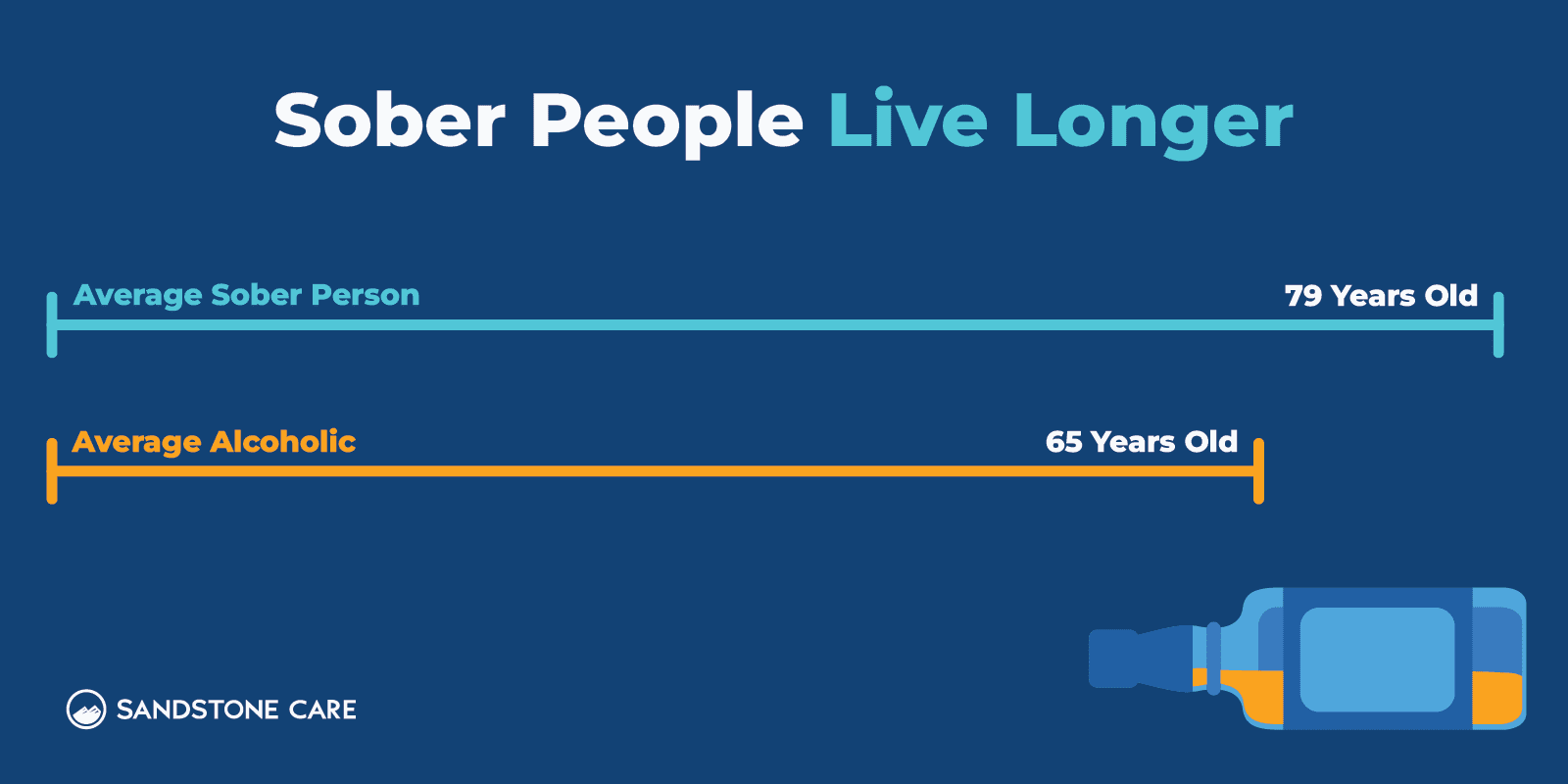
What Are the Benefits of Sobriety?
A sober life has many benefits, and exploring each can empower you to choose a sober lifestyle.
It’s important to find benefits that motivate you personally and match your individual goals.
Understanding how sobriety can help you feel better is a powerful first step, but finding the specific benefits that resonate with you can help you feel committed to your recovery, even when your circumstances are challenging.
Some of the most important benefits of a sober lifestyle include:
- Improved mental health
- Improved physical health
- Increased ability to think clearly and make positive decisions
- Improved sense of self-worth
What Happens to Your Body After 3 Weeks of No Alcohol?
After three weeks without drinking, the body has already started to heal.
While you may experience withdrawal symptoms, you can also start to notice positive changes in your mind and body.
You may experience:
- Decreased blood pressure
- Decreased risk of heart disease or stroke
- Increased energy levels
- Reduced feelings of anxiety and depression
- Better sleep
- Improved dietary habits
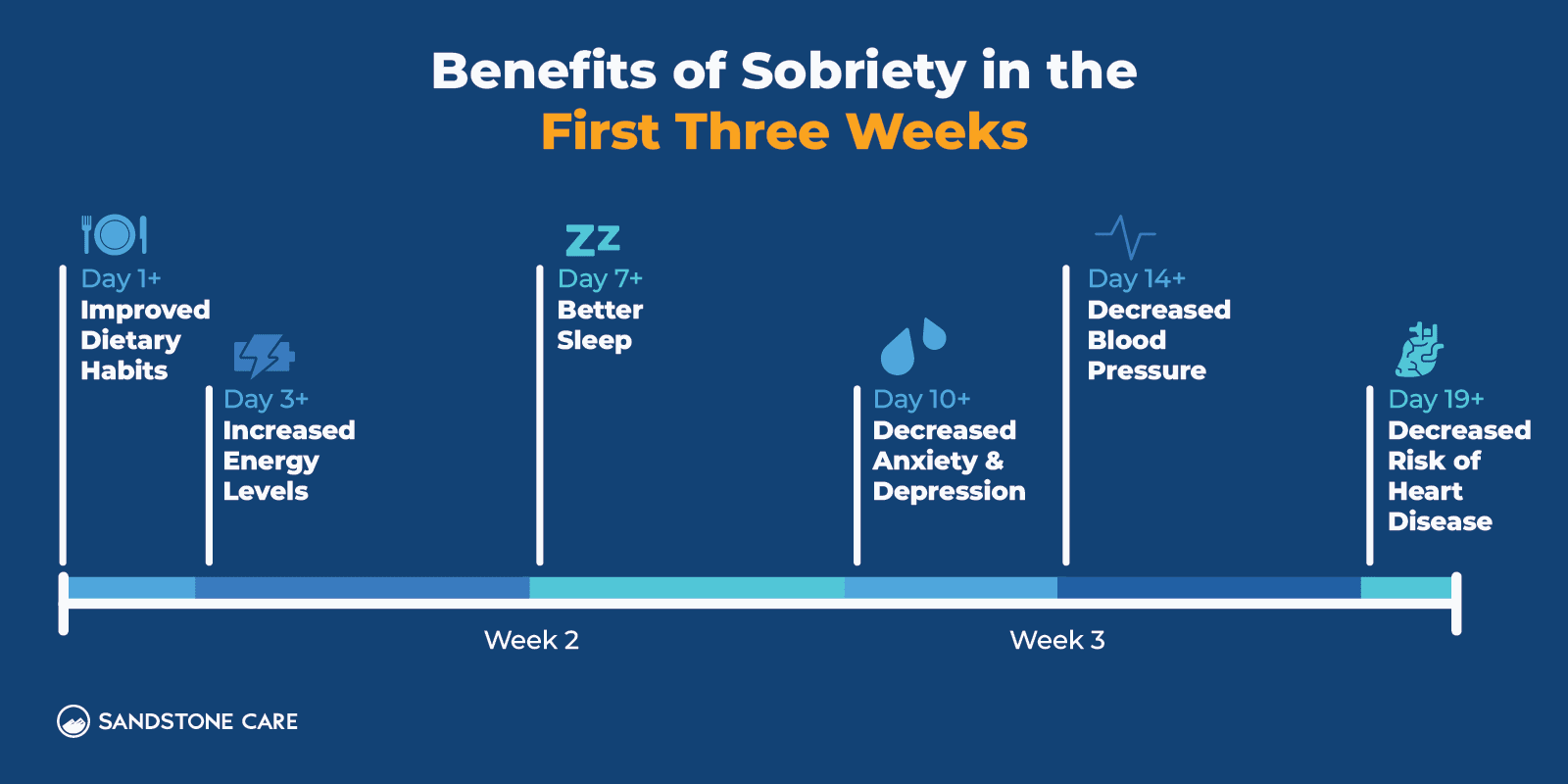
What Are the Long-Term Effects of Sobriety?
Sobriety has many continued benefits for the body and for each person’s overall well-being.
Some other long-term benefits of a sober lifestyle include:
- Improved physical and mental health
- Improved relationships
- Increased ability to accomplish goals
- Strengthened financial independence
- Development of new hobbies, social circles, or communities
Are Non-drinkers Happier?
Avoiding alcohol has been shown to lead to an increase in overall happiness despite the challenges of sobriety.
Non-drinkers may experience a healthier and happier emotional state compared to binge drinking.
Are Sober People Healthier?
Those committed to a sober lifestyle have improved physical and mental health.
Not only can avoiding alcohol or drug use improve cardiovascular, liver, and gastrointestinal health and dietary habits, but it can also help a person overcome mental health challenges.
Sobriety can also empower individuals to engage in other healthy activities, such as physically healthy self-care outlets like walking, hiking, sports, or other hobbies, to build on positive physical and mental health strategies.

Take the Quiz
See if you or a loved one needs substance use or mental health support
Developed by Chief Clinical Officer Sarah Fletcher LPC
Reaching Sobriety Checkpoints
Sobriety isn’t accomplished all at once, and reaching new checkpoints, setting new goals, and seeing success in motion are all part of the transformative process.
What Are the Big Milestones in Sobriety?
The journey to sobriety is filled with accomplishments and milestones, each of which should be celebrated for the effort and dedication it took to reach them.
Setting goals is an important skill in overcoming drug or alcohol dependence. Recognizing milestones is part of this process.
The major milestones in sobriety include:
- Making the call to learn more about a treatment center or treatment program
- Committing to a detox program or professional outpatient treatment
- Experiencing the first 24 hours without engaging with addictive substances
- Making it the first week in detox without re-engaging with alcohol or drug use while also navigating withdrawal symptoms and new challenges
- Going an entire month without alcohol or drug use
- Celebrating an entire year sober
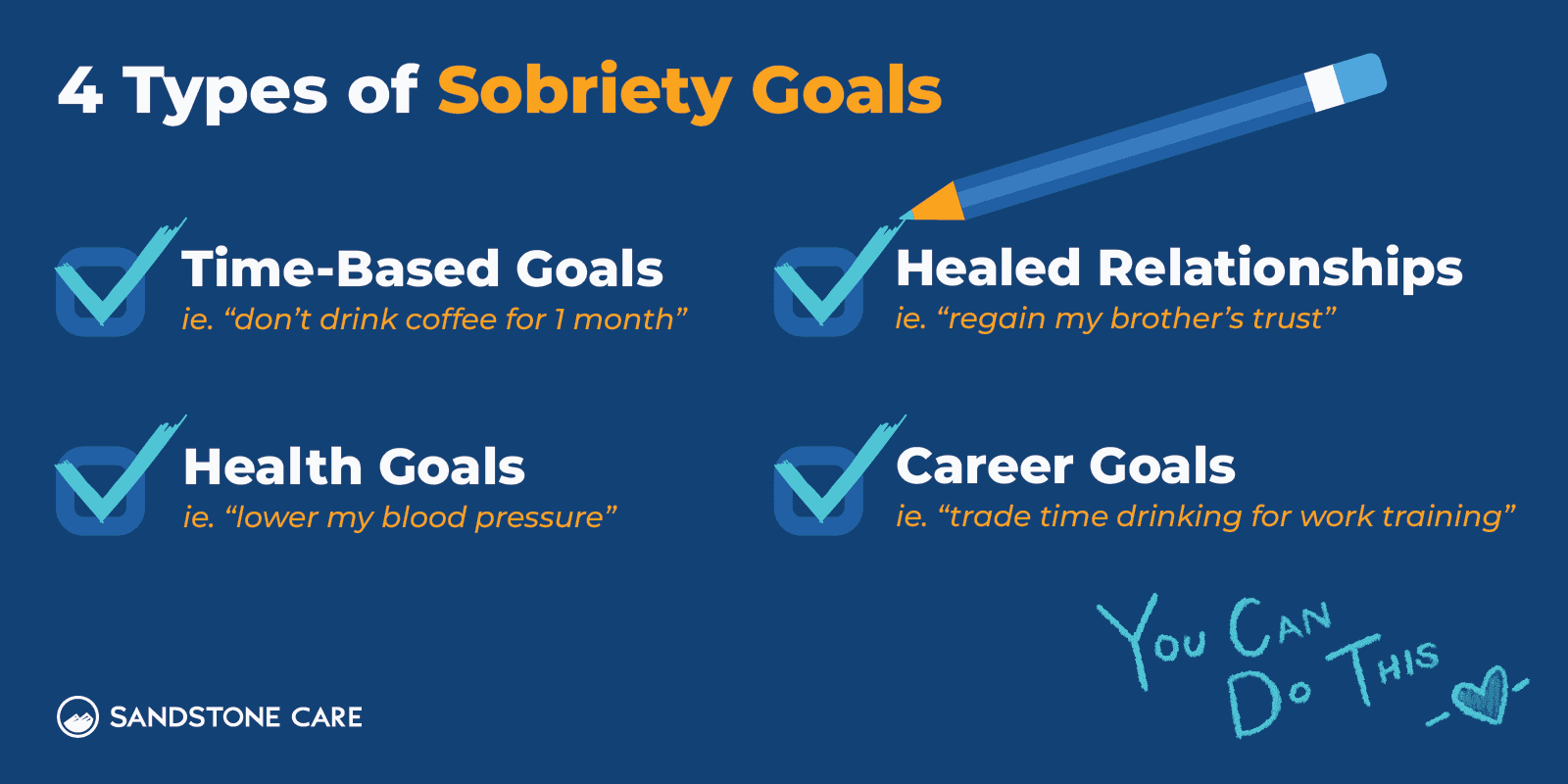
What Are the Hardest Months of Sobriety?
Each individual will have their journey with addiction and sobriety, but typically, the first six months of sobriety are considered the most difficult.
There are a lot of changes that occur during the first six months. Social groups change, habits are rewritten, and your brain and body are rewiring old coping mechanisms.
Finding ways to take care of yourself is essential, but it might not be something you’re used to doing every day. This can lead to relapsing and other challenges.
What Is a Sobriety Date?
A sobriety date is the very first 24 hours you go without alcohol or drug use and is used to determine how long you have maintained your sobriety.
How Long Does Sobriety Fatigue Last?
Sobriety fatigue is the exhaustion that often accompanies the beginning of your sober journey with the amount of focus, effort, and stress that comes with this time of change.
Sobriety fatigue can vary from person to person but typically lasts around a month before newfound energy levels, routines, and therapeutic practices are in place.
Does Drinking Non-alcoholic Beer Break Sobriety?
Non-alcoholic beer can be a misleading name, as there are still trace amounts of alcohol in these drinks.
Drinking non-alcoholic beer can not only break sobriety, but it can also open an individual up to other dangers such as peer pressure and cravings.
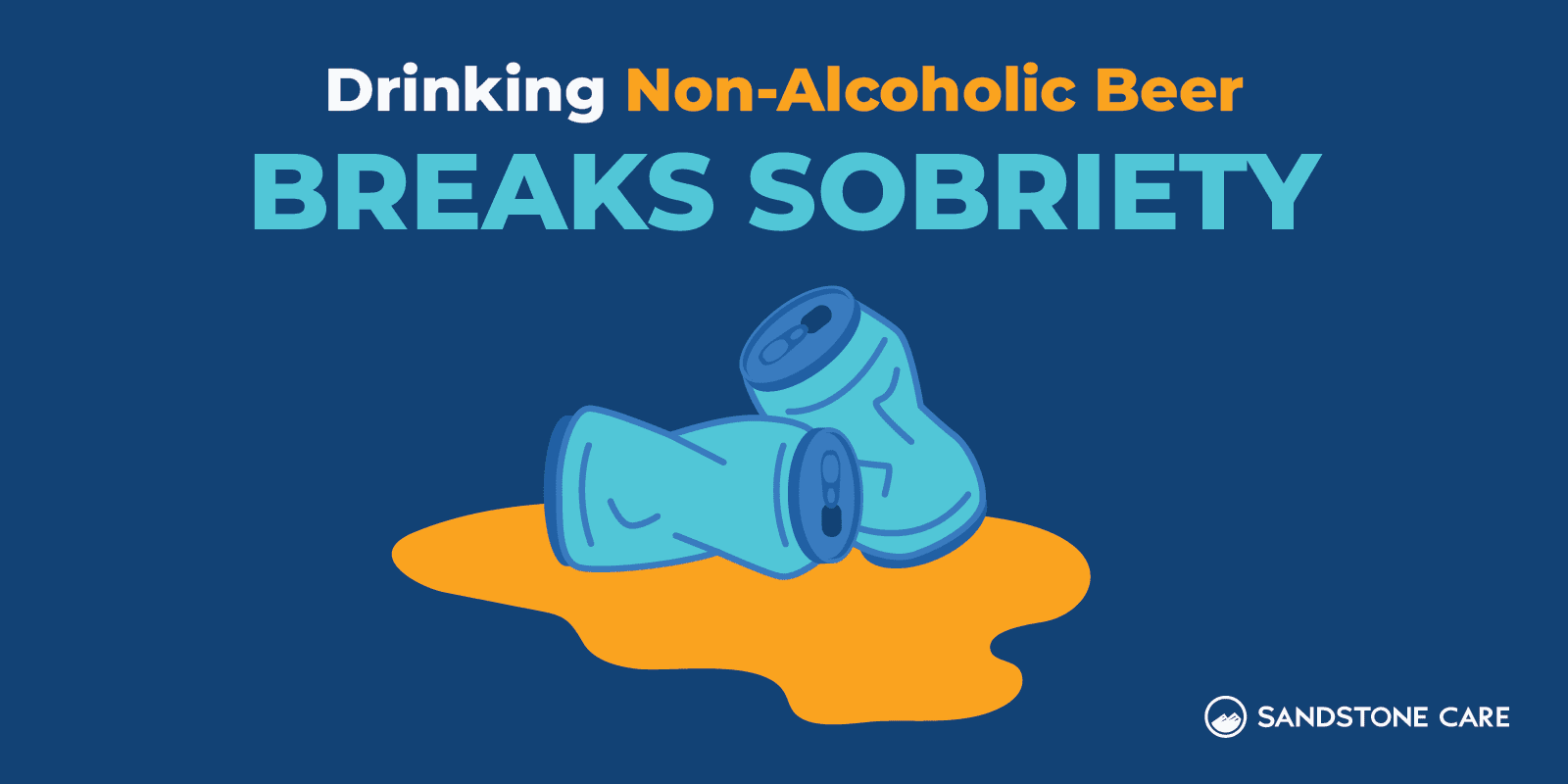
Sobriety Solutions
What Are The 6 Steps Of Sobriety?
The six steps of sobriety are:
- Precontemplation
- Contemplation
- Preparation
- Action
- Maintenance
- Termination
What Are the Three Pillars of Sobriety?
The three pillars of sobriety include education, support, and treatment.
Education: Learning about the disease of substance use disorder, its symptoms and effects, and its continued impact can help you to find the right solutions for your circumstances.
Support: Sobriety is not a journey you have to take alone. Engaging with effective support through professionals in a treatment program, peer support, and family members can provide the best approach to a sustainable sobriety and effective support network.
Treatment: Professionals are an invaluable resource in addiction recovery. Dedicated treatment programs and committing yourself mentally, physically, and emotionally to effective treatment will make sure that your sobriety lasts.
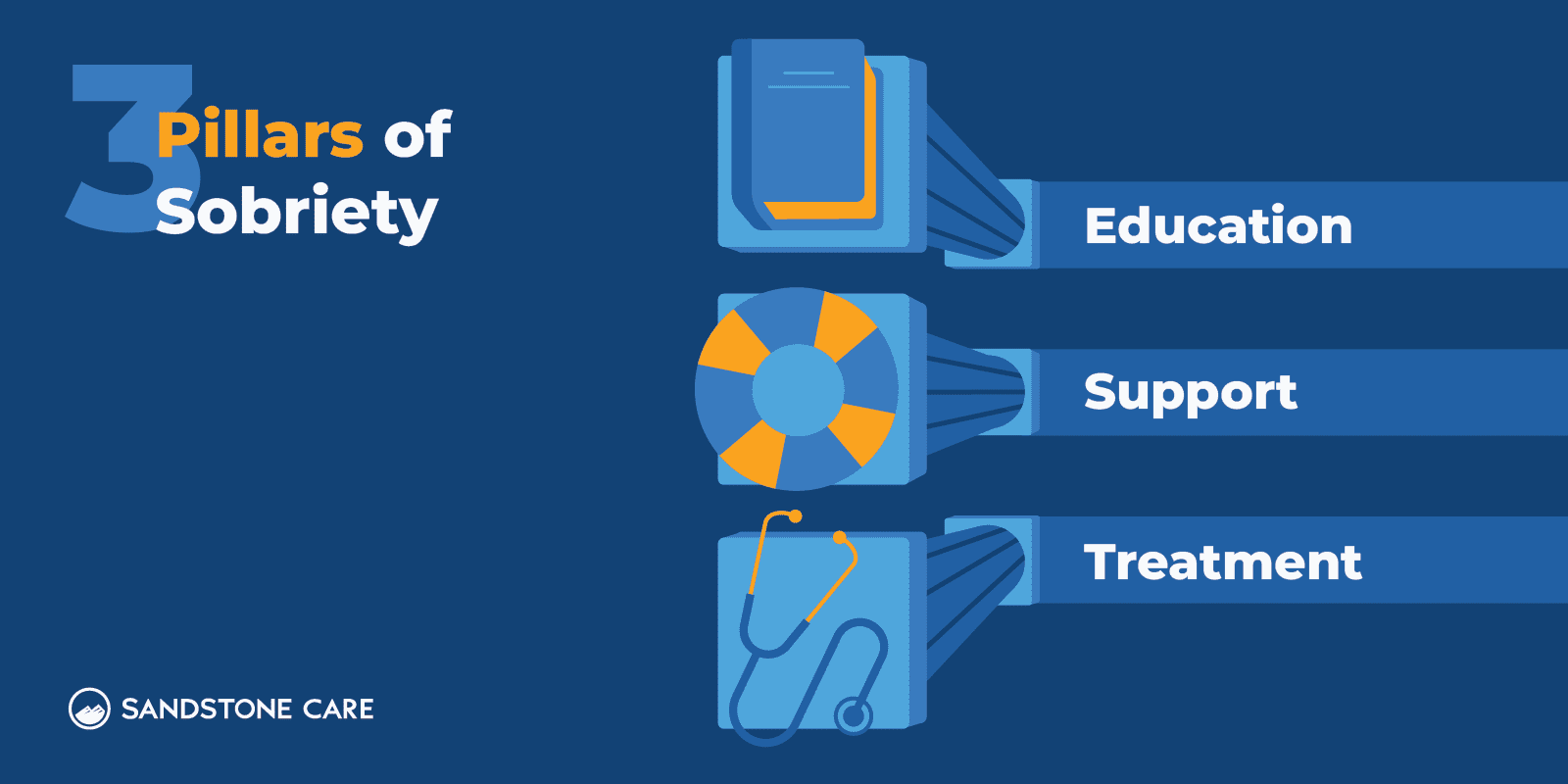
How Do You Succeed In Sobriety?
The goal of sobriety is maintaining abstinence from alcohol or drug use while creating a fulfilling and transformed life.
Success in sobriety is a personal journey. However, there are various goals you can set for yourself to measure your success.
These goals cover:
- Addressing physical health needs
- Improving mental health
- Tending to social needs
What Increases Sobriety?
Sobriety cannot be traditionally measured or given a numerical value. However, working with treatment professionals to personalize treatment programs can help you to find a longer lasting and more well-adjusted sober lifestyle.
What Are Other Tools And Strategies For Maintaining Sobriety?
Some additional strategies include:
- Avoiding high-risk situations
- Journaling
- Engaging in sober social activities
- Exploring spiritual needs and goals
- Tracking emotional stressors
- Celebrating accomplishments and milestones
- Practicing mindfulness strategies
- Continuing with effective outpatient support groups
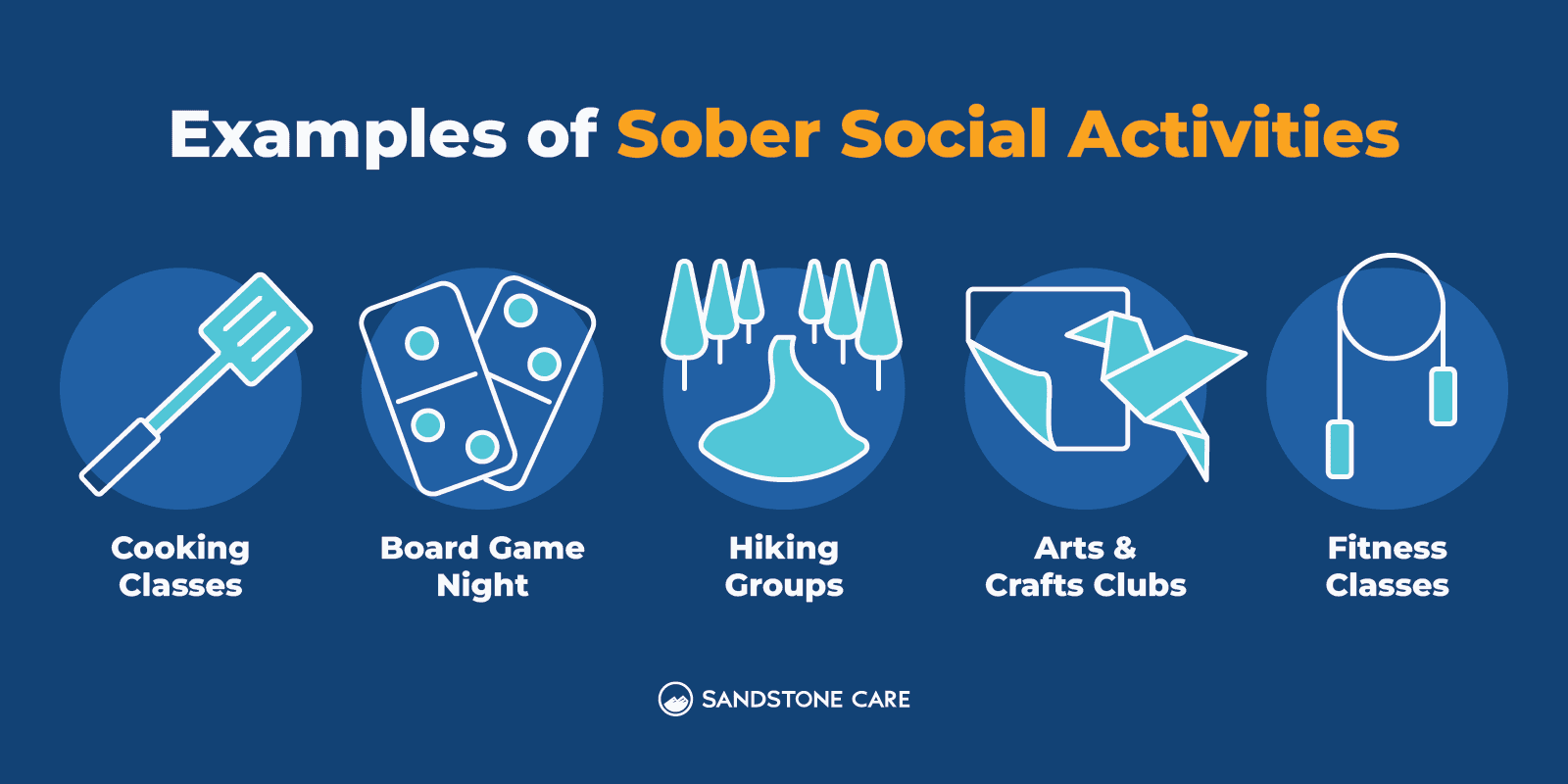
How To Stay Committed To Sobriety
Recovery is a journey; staying committed is paramount for effective relapse prevention and a healthy, sober life.
How Do I Commit To Recovery?
Committing to recovery takes many forms. For some, setting small goals can help keep an individual progressing by allowing them to feel the weight of each step.
How Do I Maintain Sobriety?
Maintaining sobriety is difficult, but continued engagement in outpatient treatment programs, self-care outlets, and support groups (such as alcoholics anonymous or other twelve-step programs) can help you maintain your hard-earned sobriety.
How Do You Stay on Track With Recovery?
Staying on track and focused throughout continued sobriety is a learned skill, and developing dedicated skills and structures can help.
For some, having a written calendar of goals can help in better prioritizing goals.
Remember to set achievable goals that can help you build confidence in your ability to overcome your addiction. Feelings of failure and shame can act as triggers for substance use.
How Do You Stay Consistent With Sobriety?
Having a consistent daily routine and regular structure that tends to both obligations and prioritizes time for self-care can empower individuals to stay consistent and set healthy expectations each day.
What Is the Purpose of Sobriety?
Sobriety is about finding a healthy and sustainable lifestyle where you feel more like yourself, have more energy, and feel capable of reaching your goals.
Being sober empowers you to take control of your relationships, physical and mental health, and ambitions.
Individual reasons for becoming sober range from everything from wanting more energy, to having contraindicated medications – such as Adderall and alcohol.
What Is the Role of Community in Sobriety?
Community helps deconstruct stigmas and barriers to sober living and treatment. It also creates new feelings of acceptance, understanding, and sympathy.
Why Can’t I Stay Sober?
Overcoming addiction is more than just graduating from detox – it is a continued journey with no traditional “end date.”
While unfortunate, relapse is a possibility for anyone attempting a sober life.
It’s important to remember that relapsing does not mean you are broken or weak; it is just a sign that you need some more support.
Some reasons an individual may struggle to stay sober include:
- Lacking personal support
- Being exposed to consistent stress
- Setting unfair expectations
Working with professionals in outpatient care and continued therapy can help challenge feelings of shame and add new strategies for healthy sobriety.
Do I Have to Be Sober Forever?
Addiction is a disease for which there is no “cure.”
Sobriety is a commitment to a new lifestyle and something that should be celebrated for years to come.
How to Celebrate Sobriety
What Does It Mean to Celebrate Sobriety?
Celebrating sobriety means not just championing how long they have been without engaging with addictive substances but also the personal goals accomplished along the way.
How Do You Celebrate Someone’s Sobriety?
Celebrating someone’s sobriety can take many forms, depending on the relationship with the individual and where they are in their recovery journey.
What Do I Say to Someone Celebrating Sobriety?
Acknowledging sober accomplishments in another can go a long way in promoting long-term sobriety in addiction recovery.
Providing specific examples of things an individual is proud of, such as a specific goal like starting a job, a grade on a test, or starting a new hobby, can make these moments more personal and meaningful.
What Is a Good Sobriety Gift?
Some good sobriety gifts can include:
- Reminders of personal relationships or accomplishments include commemorative photos, hand-made reminders, charms, bracelets, etc.
- Resources for self-care, such as yoga classes, or resources to engage in a hobby
- Services, such as cooking or taking responsibility for a night so they can go out to dinner, a movie, etc.
- Journals or notebooks, especially if engraved with something significant
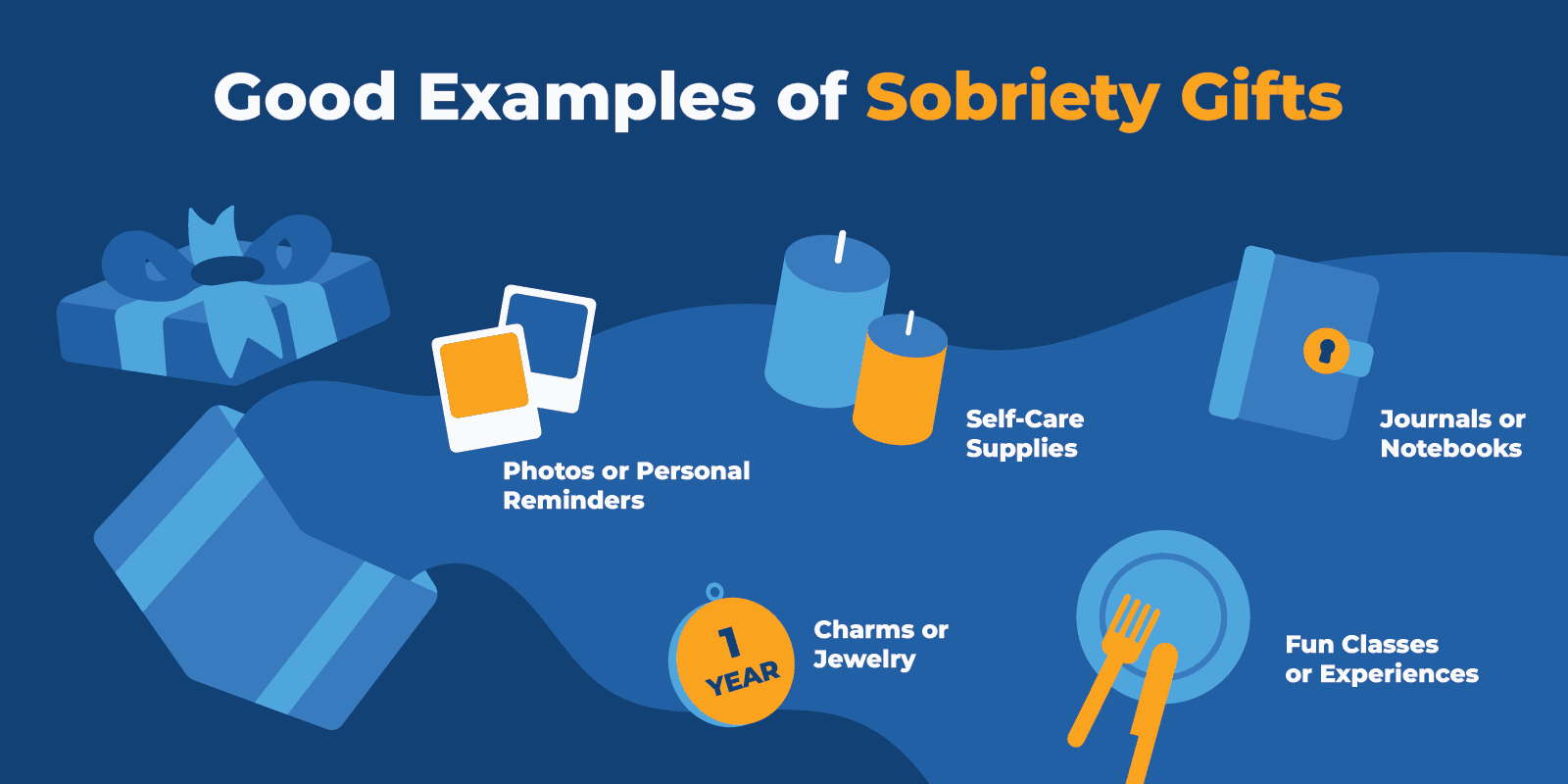
Is There a Tattoo for Sobriety?
Tattoos are always a personal choice, and no single tattoo is universal for those living their best sober lifestyle.
However, the Alcoholics Anonymous “AA Triangle” is one of the most common and recognizable tattoos to represent sobriety.
Tattoos that directly depict drugs or alcohol should generally be avoided as they can trigger past feelings.
FAQ
You Have Questions, We Have Answers.
Our goal is to provide the most helpful information. Please reach out to us if you have any additional questions. We are here to help in any way we can.
Being sober is the complete abstinence from addictive substances. Even those overcoming drug use should avoid alcohol to prevent replacement addiction or to further relapse prevention skills and instead focus on the development of their sober lifestyle.
Yes, you can.
However, keep in mind that saying no to a field sobriety test can have consequences. You might face penalties like losing your driver’s license or other legal issues, depending on local laws and regulations.
A sobriety date typically reflects a person’s first full day of sobriety.
Yes. It is the avoidance of drugs alcohol, and the development of an entirely new lifestyle, social group, perspective, mentality, and even spirituality.
The goal of truly transformative and effective treatment in sobriety is to be life-changing.
Yes, however, not all reengagements with alcohol and drug use are necessarily the same. While some may relapse, others may not experience a slip in recovery.


Let’s Take the Next Steps Together
Healing from substance use, no matter how long you’ve used, can be really difficult. The good news is that you don’t have to do it alone. Here at Sandstone Care, we know what it’s like to go through the healing process and come out on the other side. We’re here to help you every step of the way.






